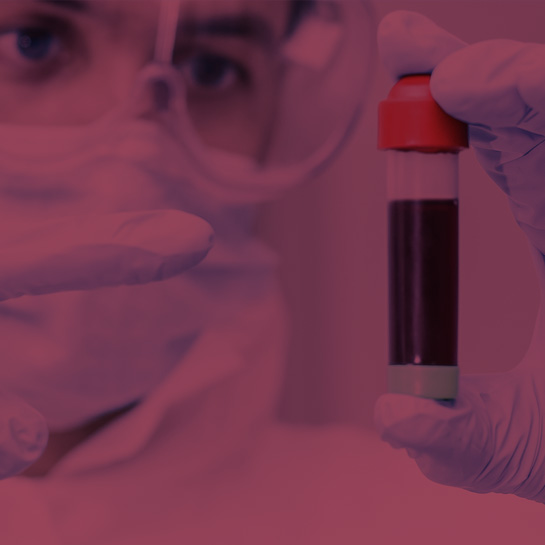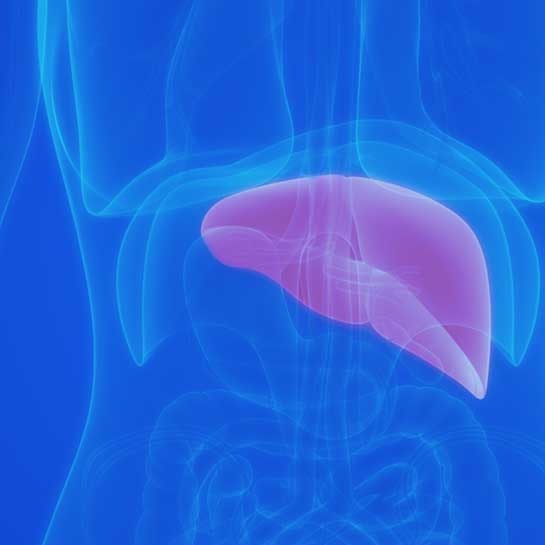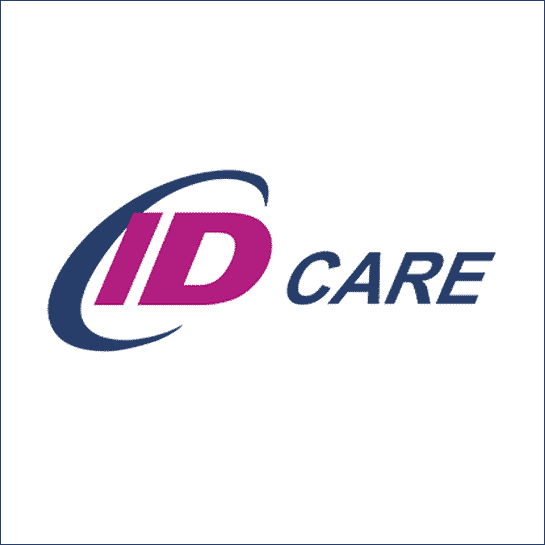Understanding Treatment
for Hepatitis C
What is Hepatitis C?
Our livers are responsible for digesting food, storing energy, and removing excess proteins from our bodies. Hepatitis C (HCV) is a virus that causes the liver to become inflamed and swell — making it harder to remove harmful toxins and store essential nutrients. Although HCV usually spreads through contact with infected blood, it can also spread through unprotected sex with an infected person or from mother to baby during childbirth.

Personalized plans with 99% cure rates alongside dedicated programs.
What are the symptoms of Hepatitis C?
Some individuals with Hepatitis C won’t experience any symptoms, others will experience them years later — and in rare cases, some individuals may experience symptoms such as loss of appetite, nausea and vomiting, diarrhea, dark-colored urine, pale bowel movements, stomach pain, or jaundice (also known as yellowing of the skin and the eyes).
How is Hepatitis C diagnosed?
A blood test will evaluate your liver function and confirm whether or not you have HCV. Although there are no vaccines for Hepatitis C, early detection saves lives. It allows our team to limit the progression of the disease, prevent liver cancer, avoid liver transplants, and help break the cycle of unknowingly transmitting the virus to others.
How does ID Care treat Hepatitis C?
Although our cure rate for Hepatitis C is 99%, treatment is never one-size-fits-all. That’s why our board-certified physicians, nurses, and hepatitis clinical and research staff create customized treatment plans for every individual living with Hepatitis C. From comprehensive testing to individualized treatments, research, and emotional support, ID Care provides:
- Hepatitis A and B vaccines (TwinRX) alongside extensive testing for high-risk individuals and early identification of side effects to reduce complications throughout treatment
- Education to individuals with viral hepatitis to help them understand the most effective ways to manage the disease and treat it
- Active involvement and convenient access to clinical trials, investigational pharmaceutical programs, and low- to no-cost pharmaceutical programs
- Comprehensive treatment programs customized to the particular needs of the individuals
- Additional assistance to help individuals adhere to therapy for a sustained viral response
- Healthcare resources for patients and their families to help navigate diagnoses and treatment




